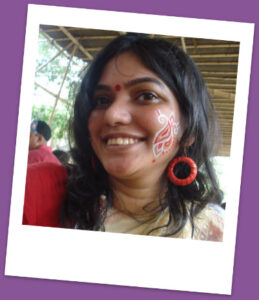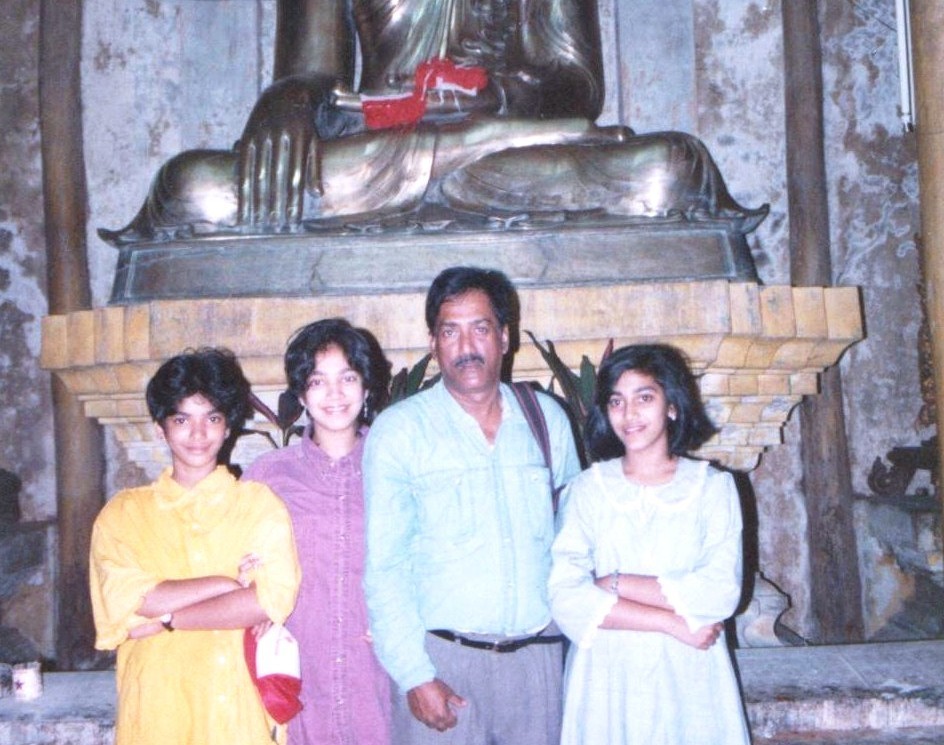“Does profanity justify destruction?”
October 23 Attacks on minorities in Bangladesh have been happening for years, writes Mezhabin Ahmed, 29, a Commonwealth Correspondent from Dhaka in Bangladesh, but the country’s civil society and especially the media have been largely silent.
Attacks on minorities in Bangladesh have been happening for years, writes Mezhabin Ahmed, 29, a Commonwealth Correspondent from Dhaka in Bangladesh, but the country’s civil society and especially the media have been largely silent.
We Bangladeshis stooped in shame as we watched the recent atrocities against Buddhist and Hindu minorities in Ramu, Patia, Ukhia, Teknaf – all in Bangladesh.
Fanatic Muslim mobs recently burned down centuries-old Buddhist monasteries.
The mobs then ransacked and looted the houses of the locals as repercussion for a Facebook post insulting Islam, allegedly posted by one of the Buddhist residents.
What is the reaction of the government and the opposition? They are busily locked in playing a blame-game with each other, while others mourn in silence.
It’s a scar that we will never be able to heal again.
Bangladesh, a country that was founded on the bloodshed of millions, was based on a secular constitution during Independence. The civil society continues to demand a judicial probe into the monastery burnings and mob violence, but the fate of that demand remains yet to be determined. Meanwhile we fear the country will never be the same to us again.
Author Mehzabin Ahmed (left) visiting Ramu as a child
“The government will have to rebuild those temples, and even more gloriously,” my friend tells me.
But I ask, “Who is going to bring back the hundreds of years of heritage that we have lost in the process?”
“Who is going to counsel the child who watched in horror as her village burned?”
“Will these people ever live peacefully and in harmony again?”
Then again I wonder, “Does profanity justify destruction?”
Attacks on our minorities have been happening for years, but our civil society and especially the media have been silent about it most of the way.
One example of the country’s silence on this violence can be found by looking at the recent attack on indigenous peoples in Rangamati. The public did not see much light in the media about this incident until the recent attack on our Buddhists in Cox’s Bazar.
As well we can look at the attack on Sufi followers by Muslim mobs in Kushtia not too long ago. We still do not know the details and repercussions.
While we pray that such attacks on our minorities will stop due to the lessons learned from the recent atrocities, the future of our nation looks even bleaker as I read another article on Hindu images damaged in a temple in Rajshahi during the Durga Puja festivities this year.
And justice remains yet to be seen as we, the ruling majority Muslims, prepare for yet another Eid festivity.
…………………………………………………………………………………………………………………
About me:
“I come from Bangladesh, home to the Royal Bengal tigers and the longest natural beach in the world. I am passionate about working for sustainable solutions to development. I currently work as a development practitioner in Dhaka, Bangladesh. I am also a freelance journalist and a novice debater.
“I am bilingual in Bangla and English. I love learning new languages, and am a keen but elementary student of French. What I have learnt from wise words and life experiences is that, “If you want others to change, you have to be willing to change yourself as well”. Feel free to call me Simi.
…………………………………………………………………………………………………………………
Opinions expressed in this article are those of the author and do not necessarily represent the views of the Commonwealth Youth Programme. Articles are published in a spirit of dialogue, respect and understanding. If you disagree, why not submit a response?
To learn more about becoming a Commonwealth Correspondent please visit: http://www.yourcommonwealth.org/submit-articles/commonwealthcorrespondents/
…………………………………………………………………………………………………………………







